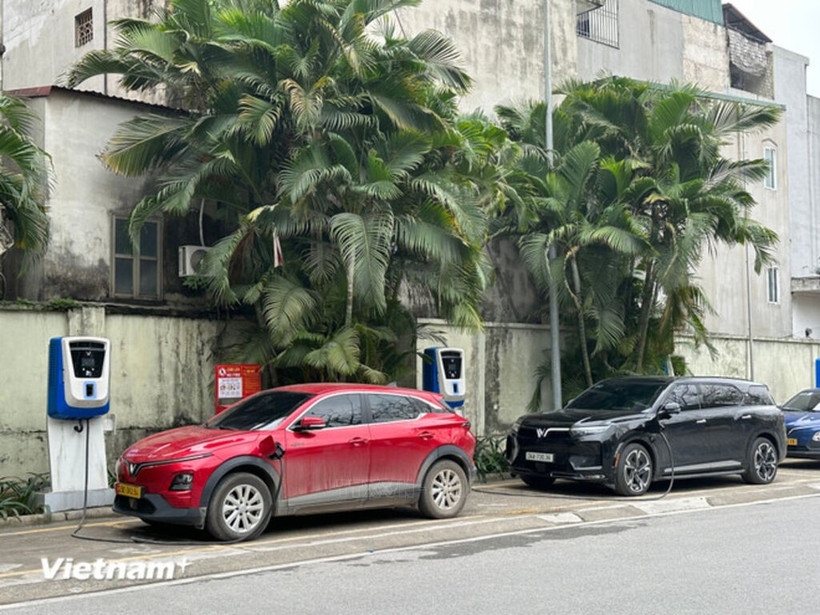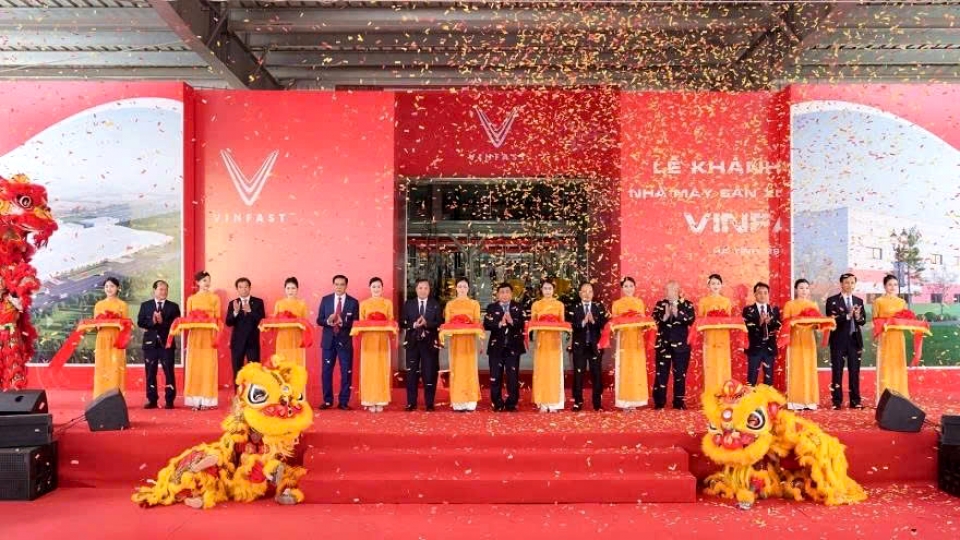Automakers race toward fierce competition as sector shifts gears
Vietnam’s automobile market is entering an unprecedentedly vibrant phase as a surge in imported vehicles, electric cars and hybrids gathers momentum.

Intense competition between domestic and foreign manufacturers is reshaping the industry, ushering in a period of major transformation in both technology and consumer behaviour.
According to the latest figures from the Department of Customs, Vietnam imported 16,343 cars in October. Although this represents a 5.5% drop from the previous month, total imports over the first ten months reached 171,364 units, up 20% year on year. Import turnover neared US$4 billion, the highest level in the past three years.
Data from the Vietnam Automobile Manufacturers’ Association (VAMA) shows that its members sold 131,503 fully imported vehicles in the period, an increase of 17%, while domestically assembled cars reached 119,918 units, up just 6%. The widening gap underscores a clear shift in consumer preference towards imported models.
Dealerships report that Vietnamese buyers are increasingly favouring imported cars for their modern designs, advanced technology and consistent quality.
Meanwhile, electric vehicles (EVs) and hybrids are emerging as standout trends. VAMA reported sales of 9,798 “green” vehicles in the first ten months, with hybrid sales soaring by 73% year on year, a record high that highlights growing demand for cleaner transport options.
Alongside VAMA members, VinFast continues to dominate the EV landscape with sales of 103,884 electric cars, accounting for roughly 20% of the national market. With 11 consecutive months at the top of the sales charts, the company has reinforced its position as Vietnam’s leading EV manufacturer and a symbol of the country’s ambitions in the green automotive sector.
Yet, despite strong growth, competition between domestic and foreign brands is fiercer than ever. Beyond products, carmakers are racing to improve after-sales services and customer experience.
According to an October 2025 survey by Auto Insider Vietnam, 63% of respondents preferred imported vehicles due to perceived quality, while 54% were considering buying an EV or hybrid in the next two years. Some 48% viewed warranty policies as a decisive factor. These figures reflect a shift in consumer mindset from prioritising low prices to valuing long-term quality and post-purchase support.
Experts predict that Vietnam’s automobile market is entering a period of comprehensive restructuring. Domestic firms benefit from a deep understanding of the local market and policies, while foreign manufacturers retain advantages in quality and scale.
Between 2025 and 2030, the market is forecast to grow by 6-8% annually, with electric and hybrid vehicles expected to account for 40-45% of total sales by 2030. Foreign brands are likely to continue expanding investment, while domestic firms push ahead in developing supply chains for components, batteries and charging infrastructure.



